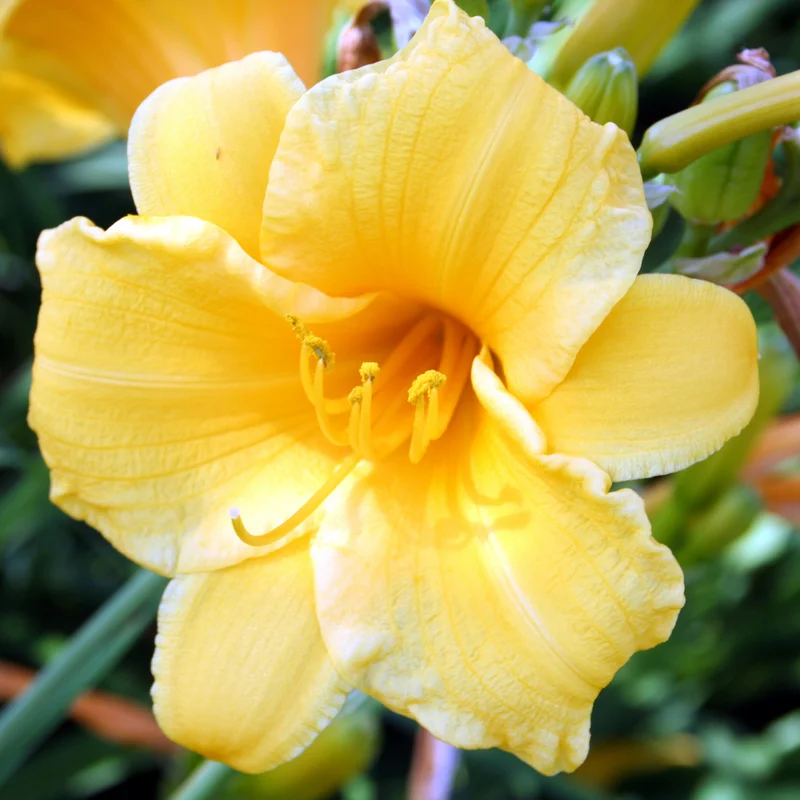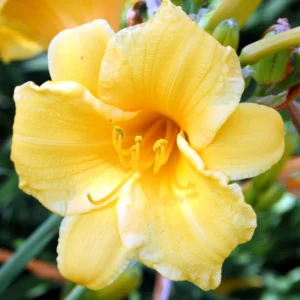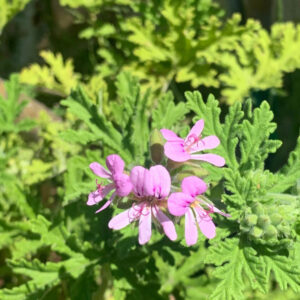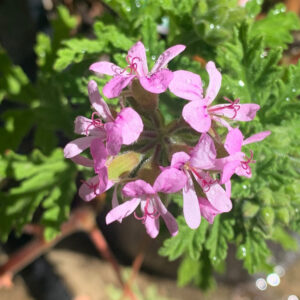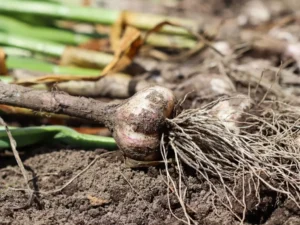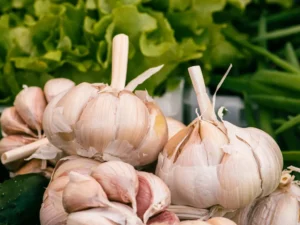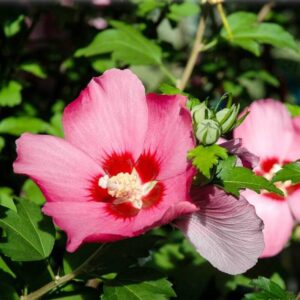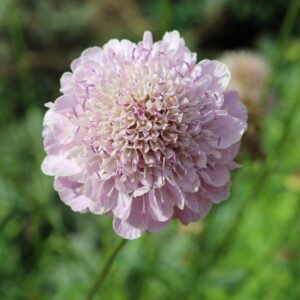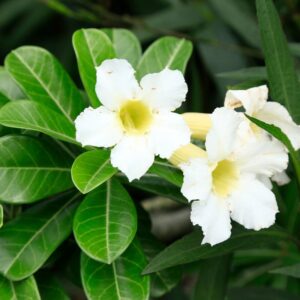5 Daylily Bulbs, Daylily Perennial Cold Hardy Bare Roots, Flower Plant Live Bare Roots
5 Daylily Bulbs, Daylily Perennial Cold Hardy Bare Roots, Flower Plant Live Bare Roots
Enhance your garden with 5 Daylily Bulbs. These cold hardy perennials bloom beautifully and require minimal care.
From $19.99

With our Alive & Thrive Guarantee, we’ve got your back for the first 30 days! If you have any concerns about your plants, just reach out to us. Our team is here to help answer your questions and guide you in selecting the best plants for your garden, climate, and unique preferences. We're excited to help you create the garden of your dreams!
Transform Your Garden with Daylily Bulbs
Daylily Bulbs are the perfect choice for gardeners seeking vibrant color and resilience. These cold hardy perennials thrive in USDA zones 5 to 8, making them suitable for a variety of climates. Each bulb produces stunning flowers that can transform your garden into a breathtaking display.
Growing to a mature height of 24-36 inches, Daylilies offer versatility in landscaping. They can be used as borders, accents, or centerpiece plants, elevating your garden design. These hardy plants adapt well to most soil types and require regular watering to flourish, making them an excellent choice for any gardener.
Planting Daylily Bulbs is simple. Choose a sunny location with well-draining soil and plant them during the recommended growing season. With proper care, these perennials will return year after year, requiring minimal maintenance. Enjoy their beauty with little effort!
Caring for Daylilies involves consistent watering and removing spent blooms to encourage further flowering. In colder climates, adding mulch during winter helps protect the roots, ensuring they remain healthy. Daylily Bulbs not only enhance aesthetics but also require little effort, perfect for gardeners of all experience levels.
With these easy-to-grow bulbs, you can transform your garden into a haven of color and beauty. Make your outdoor space more inviting with the addition of Daylily Bulbs!
Frequently Asked Questions
- What is the mature height of daylilies? Daylilies grow to a height of 24-36 inches when mature.
- What are the ideal growing conditions for daylilies? They thrive in zones 5-8, in well-drained soil with regular watering, and prefer full sun to partial shade.
- When should I plant daylily bulbs? The best time to plant daylilies is early spring or fall when the weather is cooler.
- How do I care for daylilies in winter? Add mulch around the roots to protect them from frost and ensure healthy growth in the next season.
- Can daylilies grow in clay soil? While they prefer well-draining soil, daylilies can adapt to various soil types, including clay, with proper care.
| Color | Orange Daylily, Yellow Daylily |
|---|
Related products
-
USDA Hardiness Zone
Zones 5 to 8 -
Soil type
Well-drained soil -
Sunlight Exposure
Full sun to partial shade -
Expected Planting Period
Best planted in early spring or fall
Best Types of Ivy Plant for Houses: How to Choose the Perfect Ones for Your Home
Are you a garden lover looking to introduce some greenery into your home? Maybe you’ve
Nov
When to Harvest Garlic (Especially Fall-Planted Garlic)
TIMING IS EVERYTHING, they say – and for garlic, that truth hits with surprising accuracy.
Nov
11 of the Best Sweet Potato Varieties to Grow for Your Garden
If you’ve ever tried growing sweet potatoes, you know that picking the right variety can
Nov
The Comprehensive Guide to Growing Bay Leaf Plants for a Flavorful Garden
Imagine stepping into your garden, greeted by the earthy aroma of fresh bay leaves, their
Nov
Pruning Bougainvillea for Winter
Bougainvillea vines are known for their dazzling display of magenta, orange, and fuchsia bracts that
Nov
The Comprehensive Guide to Growing Clerodendrum Wallichii for a Stunning Garden
Imagine walking into a garden where delicate white flowers hang from graceful branches, their petals
Nov
8 Mistakes to Avoid When Planting Garlic That 90% of Gardeners Make
Planting garlic can be a rewarding experience, but many gardeners, especially beginners, end up making
Oct
Garlic Varieties: Everything You Need to Know Before Choosing the Right Type to Grow
If you’ve ever tried growing garlic, you know that choosing the right variety can make
Oct
-
USDA Hardiness Zone
Zones 5 to 8 -
Soil type
Well-drained soil -
Sunlight Exposure
Full sun to partial shade -
Expected Planting Period
Best planted in early spring or fall
Transform Your Garden with Daylily Bulbs
Daylily Bulbs are the perfect choice for gardeners seeking vibrant color and resilience. These cold hardy perennials thrive in USDA zones 5 to 8, making them suitable for a variety of climates. Each bulb produces stunning flowers that can transform your garden into a breathtaking display.
Growing to a mature height of 24-36 inches, Daylilies offer versatility in landscaping. They can be used as borders, accents, or centerpiece plants, elevating your garden design. These hardy plants adapt well to most soil types and require regular watering to flourish, making them an excellent choice for any gardener.
Planting Daylily Bulbs is simple. Choose a sunny location with well-draining soil and plant them during the recommended growing season. With proper care, these perennials will return year after year, requiring minimal maintenance. Enjoy their beauty with little effort!
Caring for Daylilies involves consistent watering and removing spent blooms to encourage further flowering. In colder climates, adding mulch during winter helps protect the roots, ensuring they remain healthy. Daylily Bulbs not only enhance aesthetics but also require little effort, perfect for gardeners of all experience levels.
With these easy-to-grow bulbs, you can transform your garden into a haven of color and beauty. Make your outdoor space more inviting with the addition of Daylily Bulbs!
Frequently Asked Questions
- What is the mature height of daylilies? Daylilies grow to a height of 24-36 inches when mature.
- What are the ideal growing conditions for daylilies? They thrive in zones 5-8, in well-drained soil with regular watering, and prefer full sun to partial shade.
- When should I plant daylily bulbs? The best time to plant daylilies is early spring or fall when the weather is cooler.
- How do I care for daylilies in winter? Add mulch around the roots to protect them from frost and ensure healthy growth in the next season.
- Can daylilies grow in clay soil? While they prefer well-draining soil, daylilies can adapt to various soil types, including clay, with proper care.
| Color | Orange Daylily, Yellow Daylily |
|---|
Related products
PLANTING & CARE
Best Types of Ivy Plant for Houses: How to Choose the Perfect Ones for Your Home
Are you a garden lover looking to introduce some greenery into your home? Maybe you’ve
Nov
When to Harvest Garlic (Especially Fall-Planted Garlic)
TIMING IS EVERYTHING, they say – and for garlic, that truth hits with surprising accuracy.
Nov
11 of the Best Sweet Potato Varieties to Grow for Your Garden
If you’ve ever tried growing sweet potatoes, you know that picking the right variety can
Nov
The Comprehensive Guide to Growing Bay Leaf Plants for a Flavorful Garden
Imagine stepping into your garden, greeted by the earthy aroma of fresh bay leaves, their
Nov
Pruning Bougainvillea for Winter
Bougainvillea vines are known for their dazzling display of magenta, orange, and fuchsia bracts that
Nov
The Comprehensive Guide to Growing Clerodendrum Wallichii for a Stunning Garden
Imagine walking into a garden where delicate white flowers hang from graceful branches, their petals
Nov
8 Mistakes to Avoid When Planting Garlic That 90% of Gardeners Make
Planting garlic can be a rewarding experience, but many gardeners, especially beginners, end up making
Oct
Garlic Varieties: Everything You Need to Know Before Choosing the Right Type to Grow
If you’ve ever tried growing garlic, you know that choosing the right variety can make
Oct


